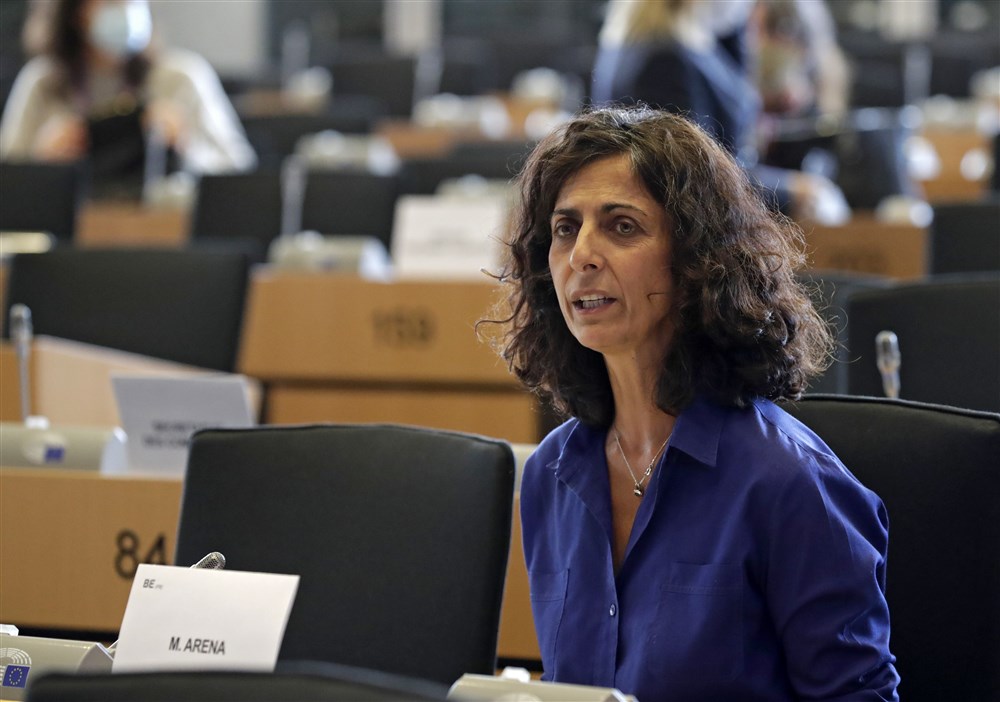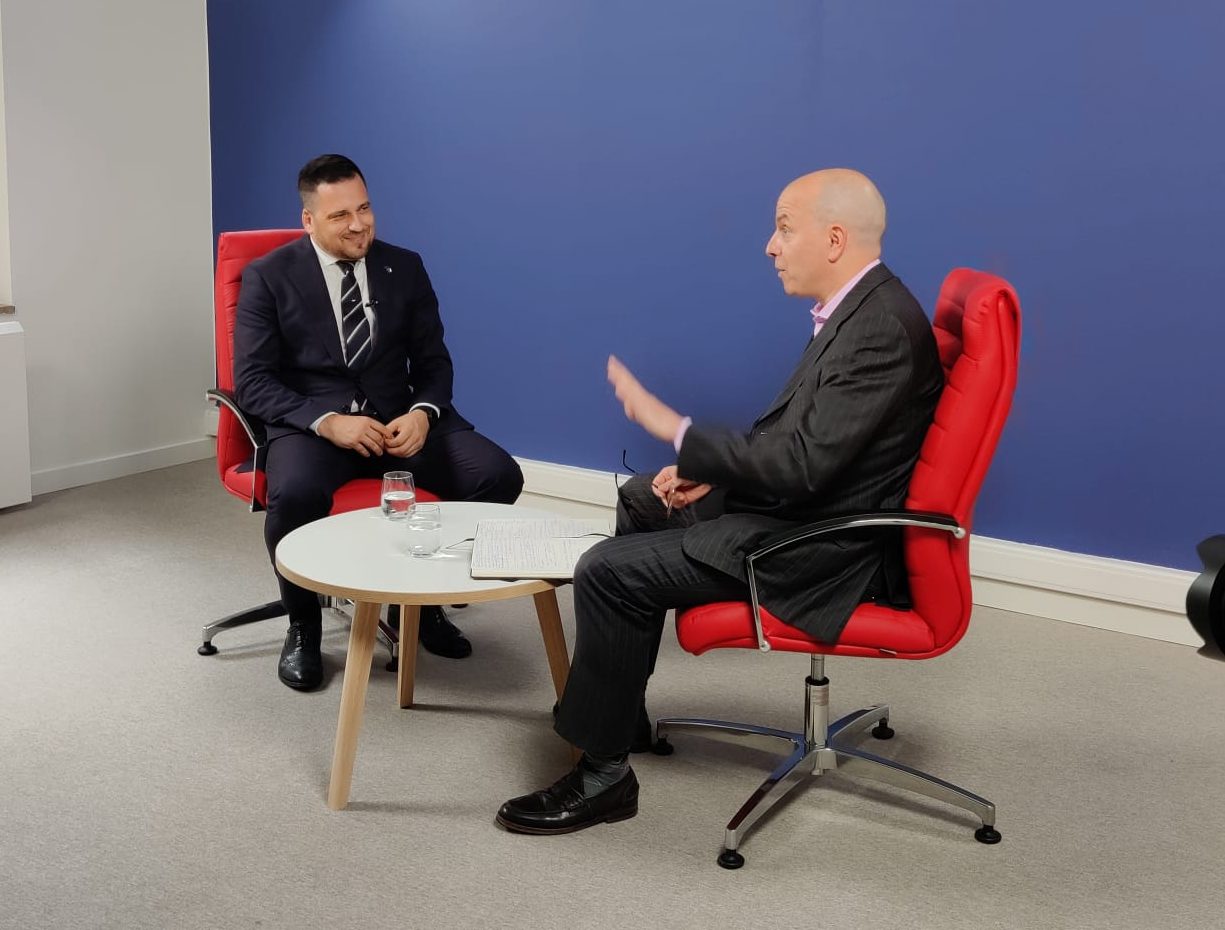European Commission President Ursula von der Leyen will use her State of the Union speech in Strasbourg today to laud her achievements over the last four years and thereby pitch for a second term at the head of one of the world’s best-paid bureaucracies (her salary: more than 28,000 euros per month, plus allowances).
If she can pull this off, the Commission press team will inform the world that the German has been “re-elected” to the top Brussels job, which is of course nonsense (though media swallowed the line).
Elections involve public debate between more than one candidate. Von der Leyen on the other hand looks set to stand unopposed, as she did the first time, after the usual, opaque stitch-up.
EU Member States do not “elect” Commission presidents; they simply choose one. National governments are supposed to “take into consideration” the results of next year’s EU elections – the expression of the will of the people – though even this vague Treaty requirement is a step too far in the EU of today, given the rejection of the Spitzencandidate process.
EU governments will impose their choice on the bloc, and the subservient European Parliament will rubber-stamp their nomination as it always has.
Is this democracy at work?
Mrs von der Leyen is not the only EU figure to benefit from this Soviet-style “election” process.
When he came to Brussels in March 2022 to meet European Council head Charles Michel, US President Joe Biden made light of Michel’s non-existent opposition. Biden said: “I came here to congratulate a man who just got re-elected without opposition. I dream about that someday”. It was only half a joke.
US Presidents have to muster support from across their country after exhausting campaigning, whereas Michel, the man who Eurocrats somewhat pathetically call Biden’s European counterpart, gets to call himself a leader despite the fact that almost no-one outside the EU bubble – even after four years in power – has actually heard of him.
Not one EU citizen outside the bubble voted for von der Leyen; not one voted for Michel; and the same goes for Roberta Metsola, president of the European Parliament. Metsola can perhaps claim to be indirectly elected and technically did face rival candidates (none of whom were taken seriously), though this wondrous trio has never had to actually face an electorate.
Lucky them! If they did, ludicrous scenes would ensue. Your correspondent had the pleasure of witnessing a high-ranking Eurocrat lecture Brussels school children, some as young as eight, on the glory of the EU energy efficiency Directive. Many of the children could not even understand English. You can imagine their complete bemusement; there were no questions from the floor.
The Brussels bubble is terrified of the voting public, and the quinquennial search for the leaders of the EU institutions underlines this fear.
So what should be done? At the very least, von der Leyen should face a real opponent or even two. There should be a real debate about the future of the EU from men and women who hold different opinions. To ask for at least one of these opponents to come from outside the circle of EU sycophants is probably going too far, but someone opposed to the idea of “ever closer union” would not go amiss.
You won’t hear these opinions in any other EU publication, where the above is tantamount to heresy. Here on Brussels Signal, however, we will campaign to “stop the shoo-in” over the next year.
Justin Stares, Head of News, Brussels Signal





Shit happens? How about a relevant comment, Commissioner Vestager?